FB Roundup: Birkenstock, Hancock Prospecting, L?Oreal
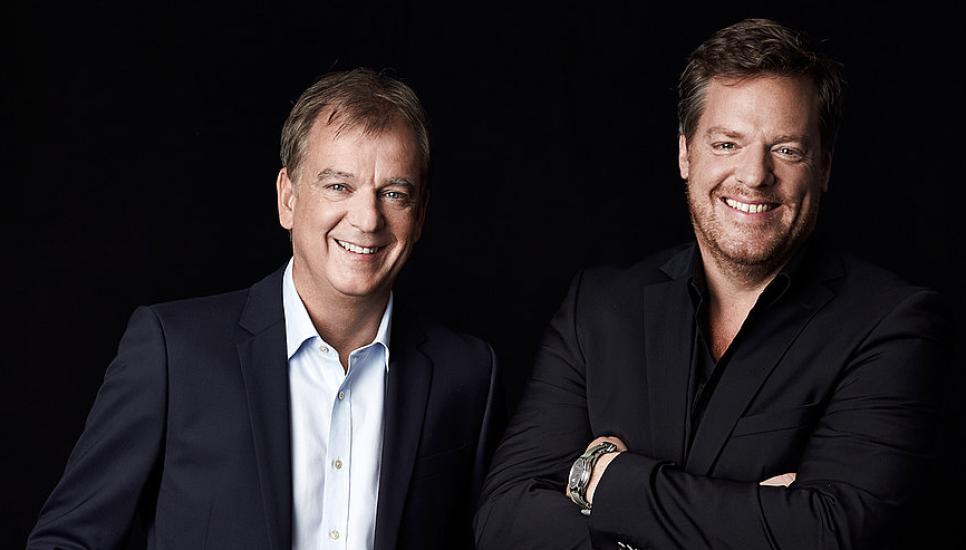
Arnault family’s L Catterton in rumoured Birkenstock takeover bid
Birkenstock, the sixth-generation family-owned business and the German footwear industry’s largest employer, could be the next $4.8 billion acquisition by the Arnault family’s private equity firm.
The comfortable “footbed” sandal maker, which traces its roots back to 1774, two years before the United States declared its independence, is the subject of an apparent bidding war between L Catterton and CVC Capital Partners. L Catterton is the largest consumer-focused private equity firm in the world, with $23 billion of assets under management. The Connecticut-headquartered firm was formed in 2016 from private equity firm Catterton, luxury goods giant LVMH and Groupe Arnault, the family holding company of billionaire principal Bernard Arnault. LVMH’s portfolio of 75 brands includes Louis Vuitton, Christian Dior and, most recently, the US jeweller Tiffany and Co.
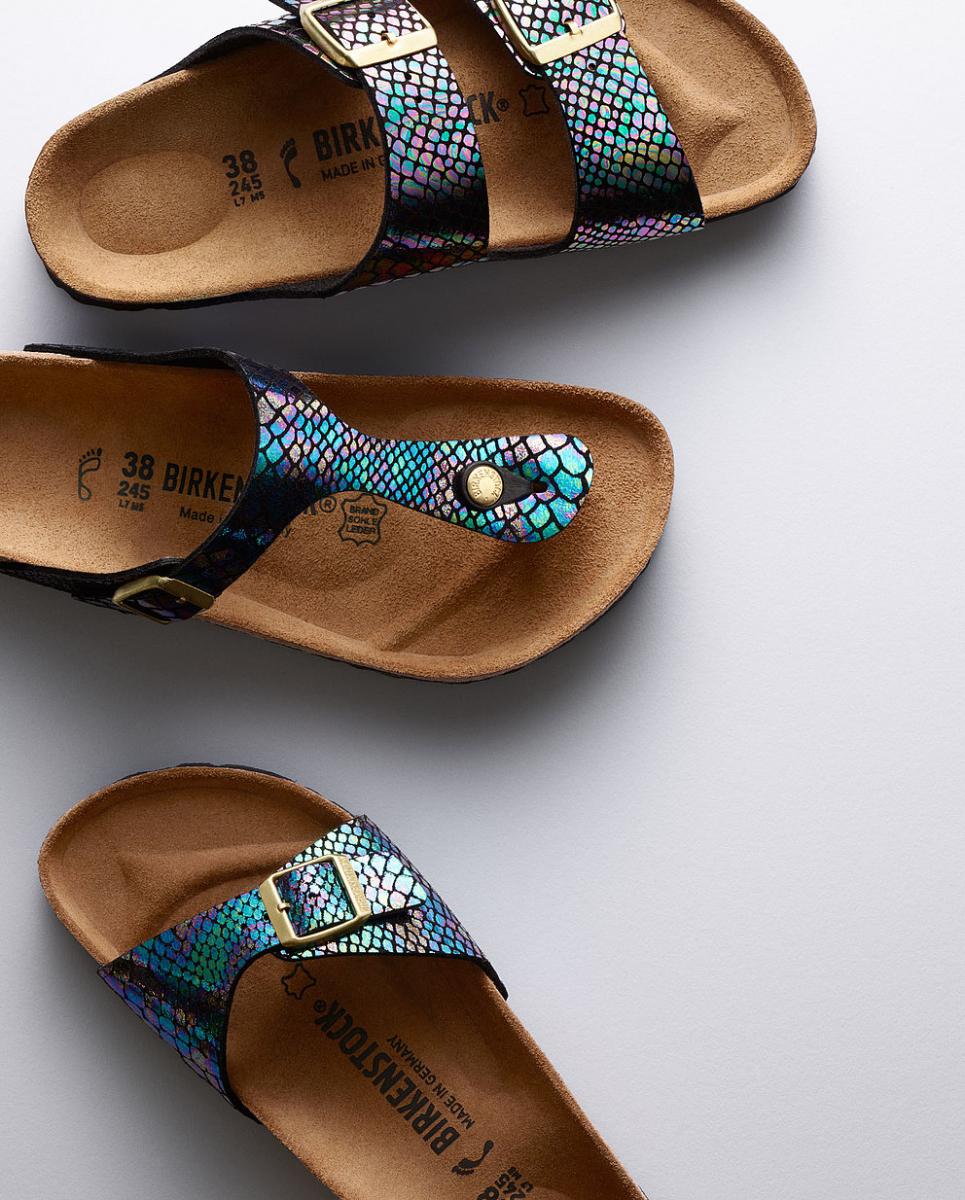 Headquartered in Luxembourg and set up in 1981, CVC’s private equity platform manages $82 billion of assets. It counts Swiss luxury watchmaker Breitling, UK motorway services retailer Moto, Spanish utility company Naturgy, US pet food retailer Petco and UK roadside assistance service RAC among its dozens of investments.
Headquartered in Luxembourg and set up in 1981, CVC’s private equity platform manages $82 billion of assets. It counts Swiss luxury watchmaker Breitling, UK motorway services retailer Moto, Spanish utility company Naturgy, US pet food retailer Petco and UK roadside assistance service RAC among its dozens of investments.
Descendant Karl Birkenstock’s second son Alex joined the family business in 1984, his youngest son Christian joined in 1988 and his eldest son Stephan joined in 1990. The turning point in the centuries-old family story came when it united its loose network of 38 companies into a corporation in 2013. Birkenstock became a group of three business units—production, sales and services.
In a break from tradition, the Birkenstock family handed management to non-family, long-time employee Markus Bensberg (pictured above left) and consultant Oliver Reichert (right) as chief executives of Birkenstock Group in 2013. The move paid off in growth, with 11.3 million pairs of shoes sold in 2012, rising to 25 million pairs in 2018. Sales have surged during coronavirus lockdowns as consumers opt for casual footwear. The group was valued at about €4 billion ($4.8 billion) to €4.5 billion ($5.4 billion).
The Birkenstock brothers are said to be interested in expanding in Indian and Chinese markets and looking for investing partners to help achieve those goals.
The three parties remain tight-lipped and the size of the potential stake, if for sale at all over the coming months, is unclear. CVC is said to have made an offer to Birkenstock Group, but the family may be leaning towards L Catterton, given its track record in expanding legacy family brands and Asian market expertise.
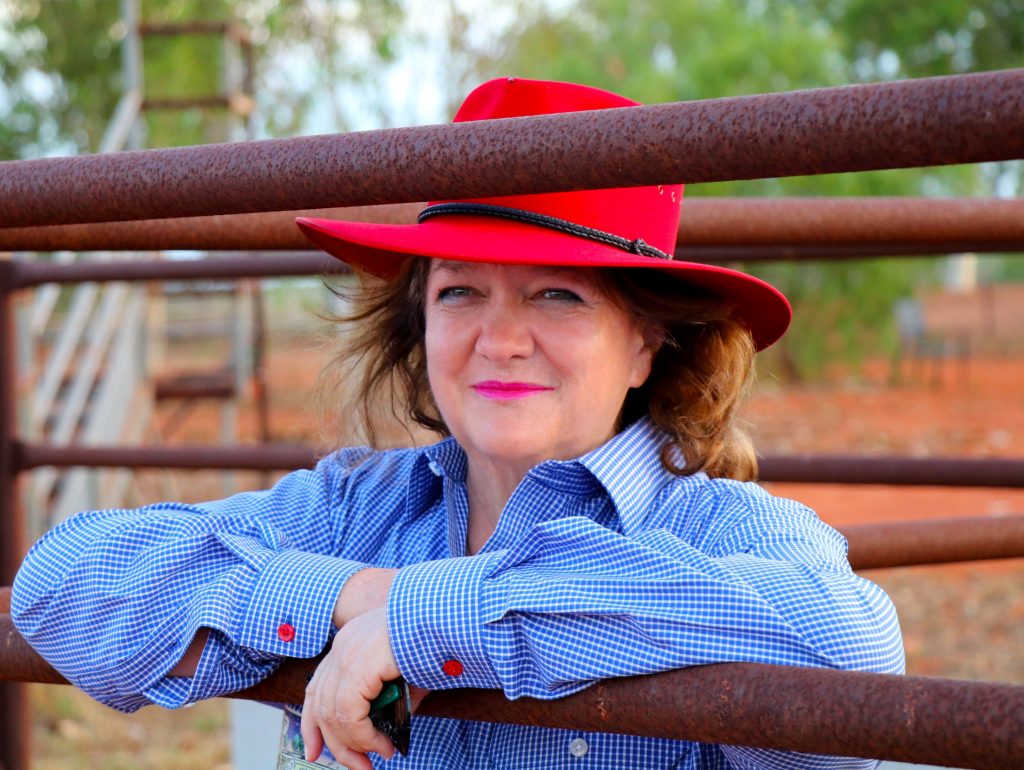 Mining magnate Gina Rinehart backs lithium venture
Mining magnate Gina Rinehart backs lithium venture
Gina Rinehart, the second-generation mining tycoon and richest person in Australia, has increased her family business' share in a startup aiming to become the world’s first zero carbon lithium producer for electric vehicle batteries.
Hancock Prospecting, led by Rinehart (pictured), 67, worth $17.3 billion, was announced by Vulcan Energy Resources this week as a “substantial shareholder” with a 6.74% holding for an undisclosed amount. Her investment followed the 5.2% stake in the company, for $32.5 million, made by her son, John Hancock, 44, which was revealed last month.
Perth-based Vulcan has now raised enough capital to proceed with its definitive feasibility study into harnessing renewable geothermal energy to drive lithium production, without using evaporation, mining or fossil fuels, in the Upper Rhine Valley of Germany.
Rinehart became executive chairman of the Hancock Prospecting Group in 1992, the year her father Lang Hancock died aged 82. She shifted the struggling company's focus from prospecting to mining. Under her control, the group invested in iron ore, copper, potash, gold, coal, cattle, diary and property interests over the next three decades.

Her flagship achievement is the exploration, financing, construction and operation of the $10 billion Roy Hill project in Western Australia. Roy Hill mines 60 million tonnes of iron ore per year and has exported to Japan, South Korea, China and Taiwan since 2015.
John Hancock is widow Rinehart’s eldest child and only son. Rinehart has three adult daughters, Bianca, Hope and Ginia, although youngest Ginia, 34, has been tipped as Rinehart’s successor at Hancock Prospecting. The family has been embroiled in a legal feud since 2011 over control of the $5 billion Hope Margaret Hancock Trust, which Lang Hancock set up for his grandchildren in 1988 at Rinehart's urging.
Demand for the commodity lithium, nicknamed “white petroleum”, is expected to rise considerably as auto-makers join the electric revolution. There were 3.2 million global sales of battery electric vehicle (BEV) and plug-in hybrid electric vehicle (PHEV) sales reached in 2020, despite the economic impacts of Covid-19 and up from 2.26 million in 2019, according to EV-volumes.com. Nearly 1.4 million BEVs and PHEVs were registered in Europe during 2020, 137 % more than in 2019, in a vehicle market that was down by 20% year-on-year, the Swedish consultancy said.
“It was the combination of new attractive models, incentive boosts by green recovery funds, the 95g CO2 mandate, much improved availability and intense promotion of EVs.”
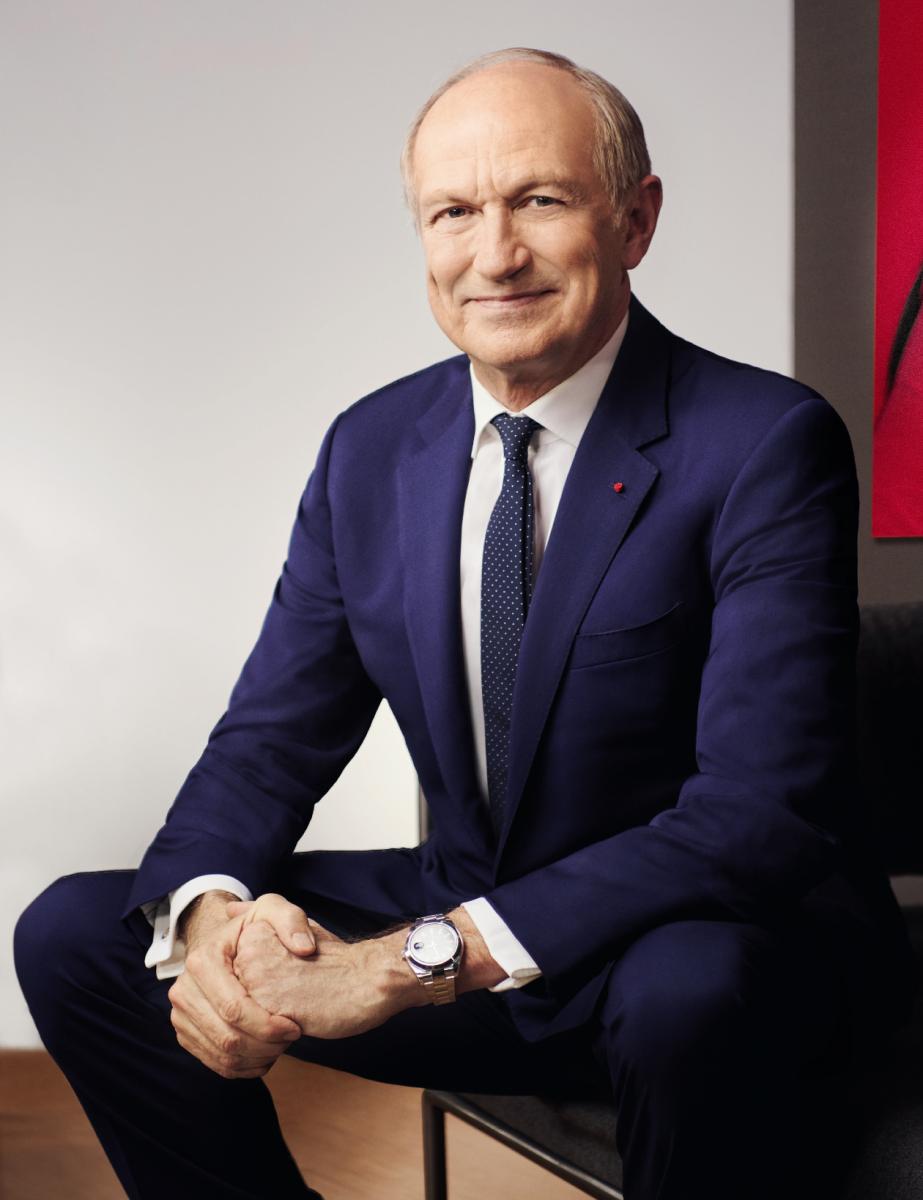 Rocketing e-commerce powers L’Oreal recovery
Rocketing e-commerce powers L’Oreal recovery
The fourth-generation cosmetics giant L’Oreal announced a 62% increase in e-commerce in 2020 which helped its Covid-recovery beat expectations.
The world’s largest cosmetics group, which includes Maybelline, Lancome and Garnier, bucked the trend for sales of beauty products to plummet while retail outlets on high streets and in airports were closed under lockdown restrictions, according to its new financial report this week.
Despite total sales dipping 4% on 2019, L’Oreal’s online revenues rocketed 62% in 2020, across all divisions and all regions, reaching the record level of 26% of the total group’s €27.99 billion ($33.9 billion) sales for 2020. The group returned to growth in the second half, with 4.8% acceleration in the fourth quarter.
Jean-Paul Agon (pictured), 64, non-family chairman and chief executive, said thanks to the “outstanding” commitment of its employees, L’Oreal has “traversed this crisis in the best possible condition and has even grown stronger.”
L’Oreal China saw double-digit growth in all divisions and sales up 27%. However, the western European market ended 2020 with a 10% drop and North America fell 7% compared to 2019.
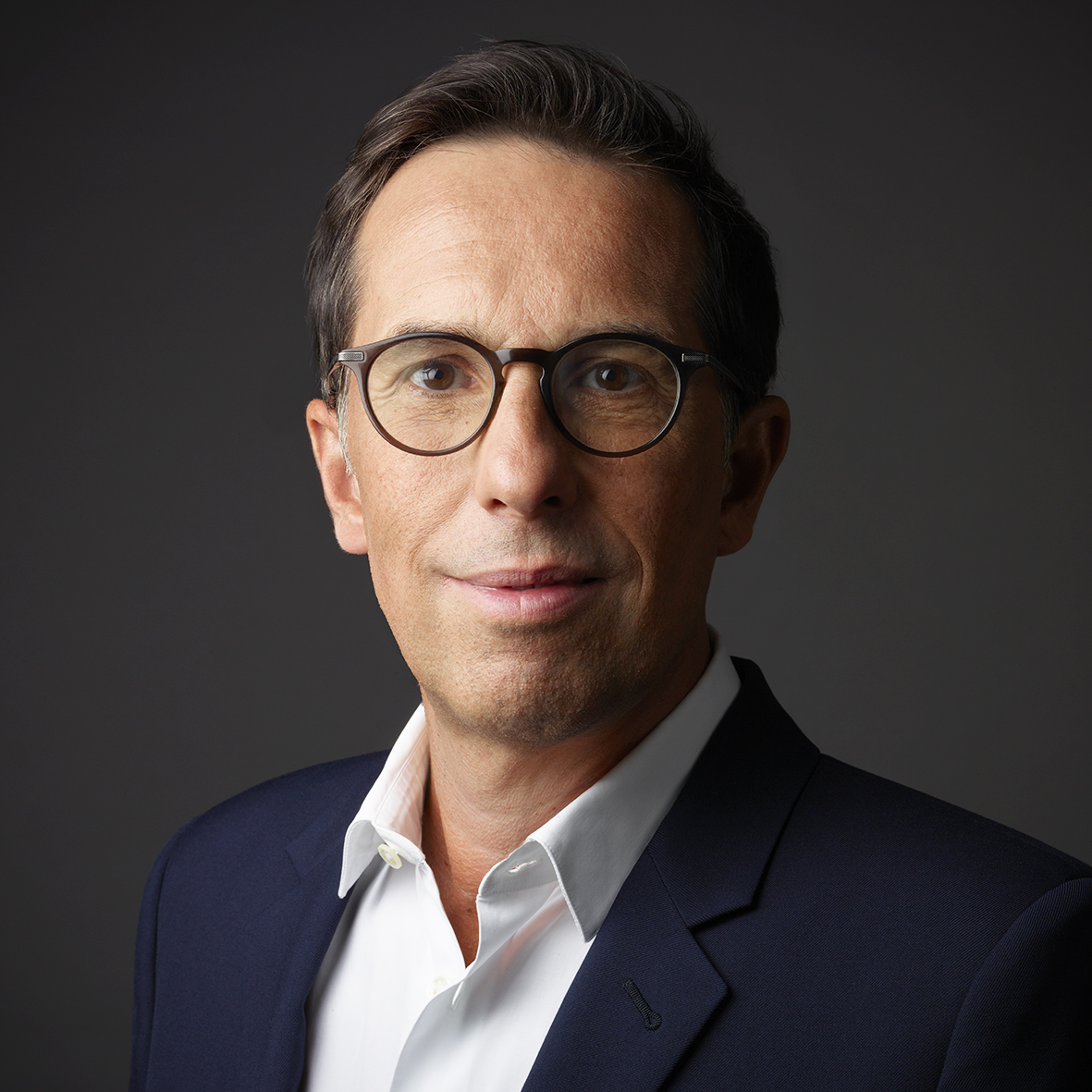 The Bettencourt-Meyers family is the largest shareholder of L’Oreal at 33%. Tethys, the family’s holding company, is chaired by Francoise Bettencourt Meyers, 67, the richest woman in the world. She is the only, once estranged, daughter of the late Liliane Bettencourt and granddaughter of Eugene Schueller, the Parisian chemist who founded L’Oreal with his formula of hair colouring in 1909.
The Bettencourt-Meyers family is the largest shareholder of L’Oreal at 33%. Tethys, the family’s holding company, is chaired by Francoise Bettencourt Meyers, 67, the richest woman in the world. She is the only, once estranged, daughter of the late Liliane Bettencourt and granddaughter of Eugene Schueller, the Parisian chemist who founded L’Oreal with his formula of hair colouring in 1909.
Agon has served as chief executive since 2006 and chairman since 2011. In October 2020, L’Oreal announced the succession of Agon as he approached retirement age. The board of directors announced its plan for May 2021 to renew his mandate as chairman and to promote deputy chief executive Nicolas Hieronimus (pictured), 57, a long-time insider and widely assumed heir, to chief executive.






